The biggest shift in the switch to electric driving is how we power our journeys. That’s why, when developing its fast-growing line-up of e-tron models – from the Audi e-tron SUV and the Audi GT e-tron sportscar to the new Audi Q4 e-tron Sportback – Audi put charging at the heart of the design process.
Building on its 40-year ethos of ‘Vorsprung durch Technik’ (or ‘progress through technology’), Audi has developed advanced under-the-skin e-tron technology that delivers more range and faster charging times – as well as in-car navigation and smartphone apps that make finding and paying for charging easier. Looking further ahead, Audi is even re-imagining the 'petrol station of the future’. Here’s how.
Learn more about the Audi e-tron range.
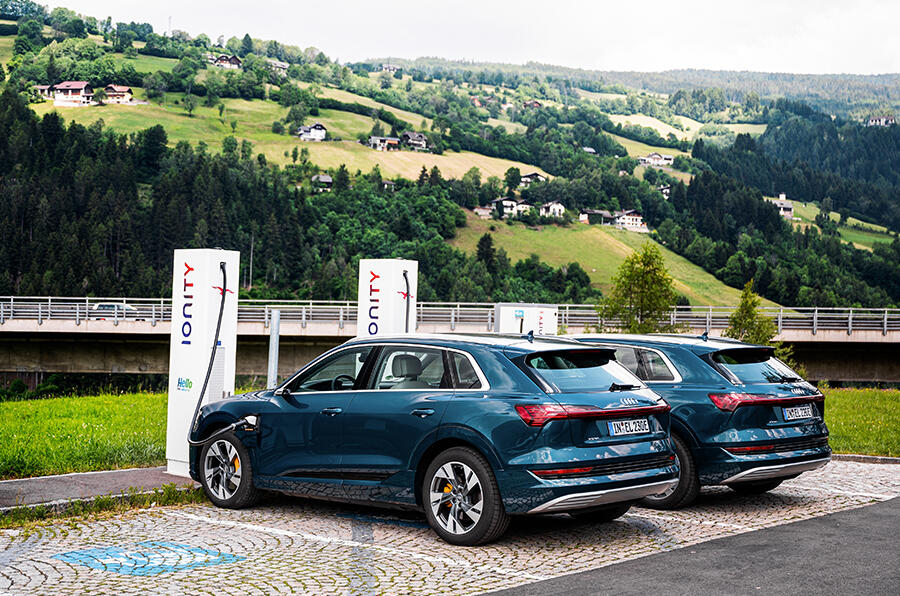
More range: better batteries & smart driving tech
Easier charging starts with having more range from the off. Lithium-ion batteries are the most advanced and reliable type currently available for electric cars, and Audi is continually honing this technology to make batteries that deliver more range more efficiently, while also being smaller and lighter for enhanced car dynamics.
Alongside this, Audi has developed technology that makes electric driving more efficient, without changing how you drive. Take regenerative braking, which uses friction in the electric motor to work alongside the brakes to slow the car – while simultaneously redirecting unused energy back to the battery. In Audi e-tron models you can pick the level of regeneration to suit your driving mood or journey type, ultimately recapturing up to 30% of your range from coasting and braking.
As a result of all this, the 82kWh battery available for the all-new Audi Q4 e-tron Sportback offers up to 323 miles of range (WLTP).
Once you’ve got the range, it’s also down to how you use it. And, in most cases we don’t actually need as much range as we think. For example, 95% of UK journeys are under 25 miles. That means, with the Audi Q4 Sportback Sport 40 e-tron’s 323-mile range, you could do 12 of these trips on one charge.
As most EV charging tends to be done while your car is parked at home or work (with the average UK car actually spending 80% of its time at home), it’s the perfect fit for slower-paced recharging as your car sits idle – also helping you reduce your driving bills if you use low-cost overnight electric rates.
For longer journeys, 300 miles is the distance from London to Carlisle: the type of trip that would take 5-7 hours and wouldn’t be done without a lunch or coffee break – giving you the perfect mid-journey halt to stretch your legs and top-up your battery. So, it’s easy to see how an Audi e-tron that boasts a more advanced battery and more range lets you fit charging around your life, rather than the other way round.

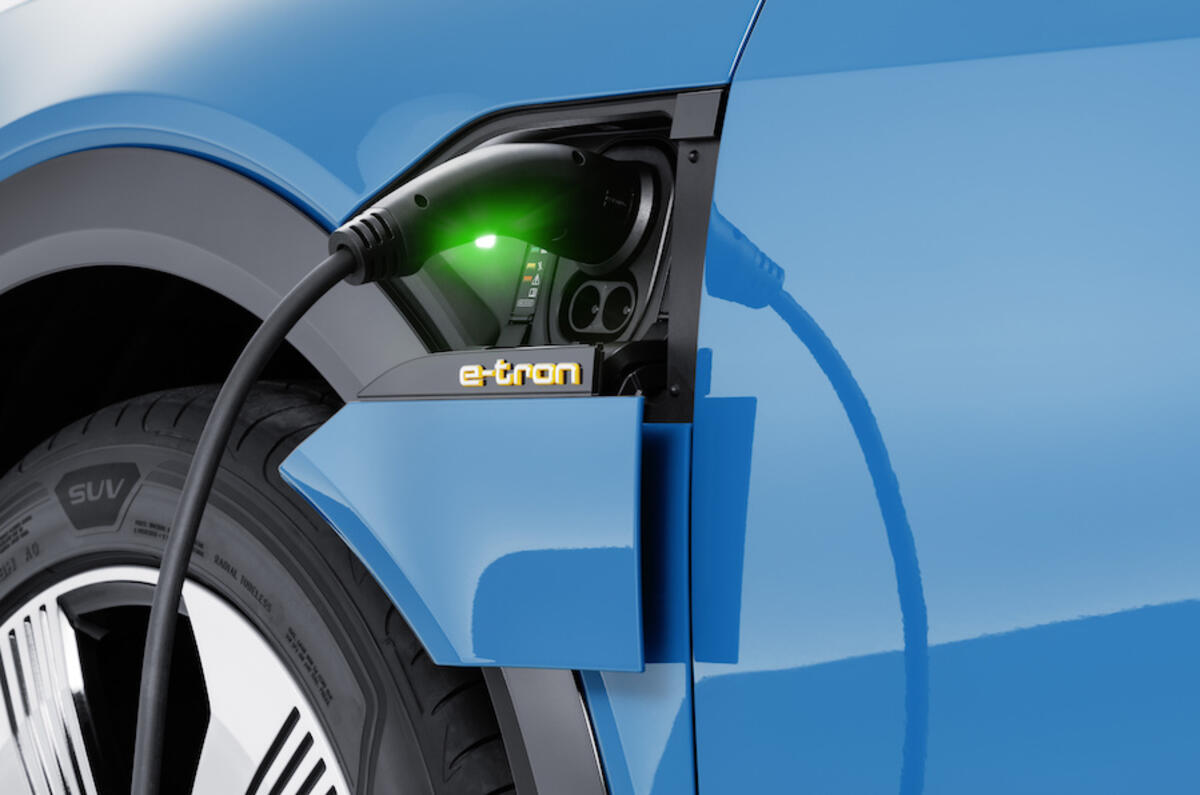
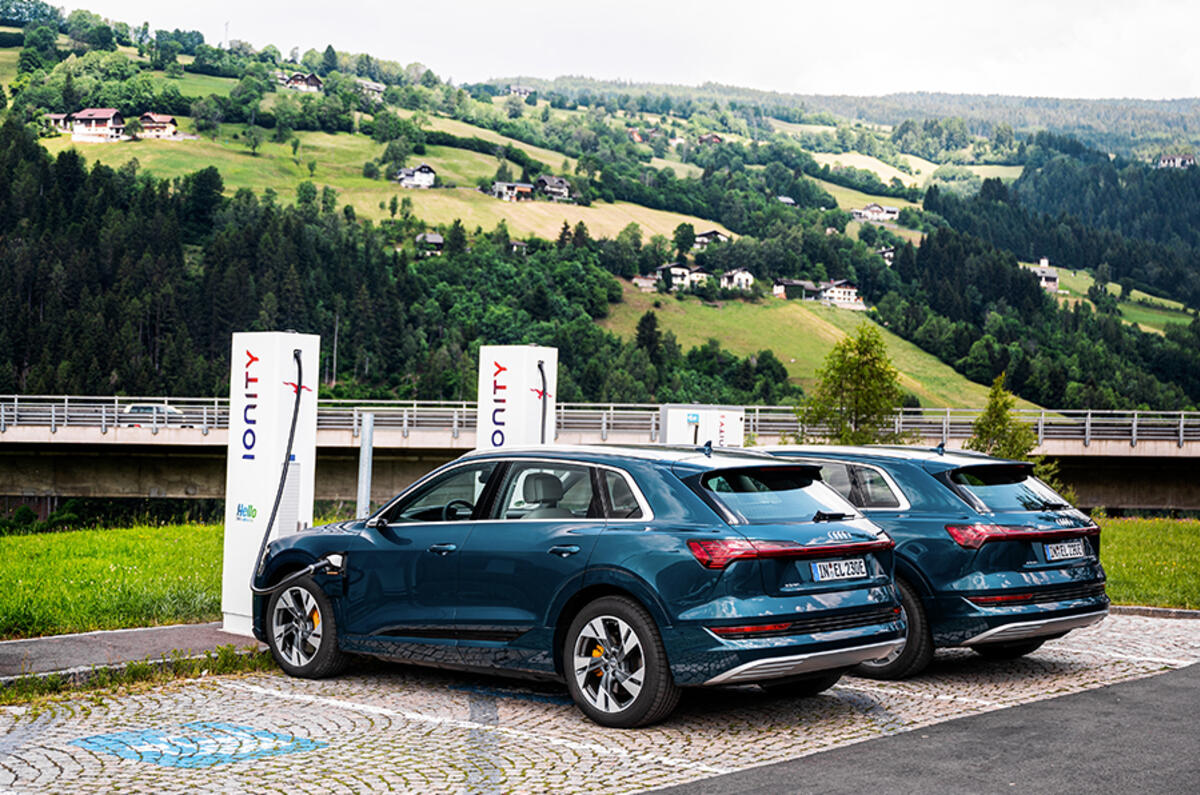
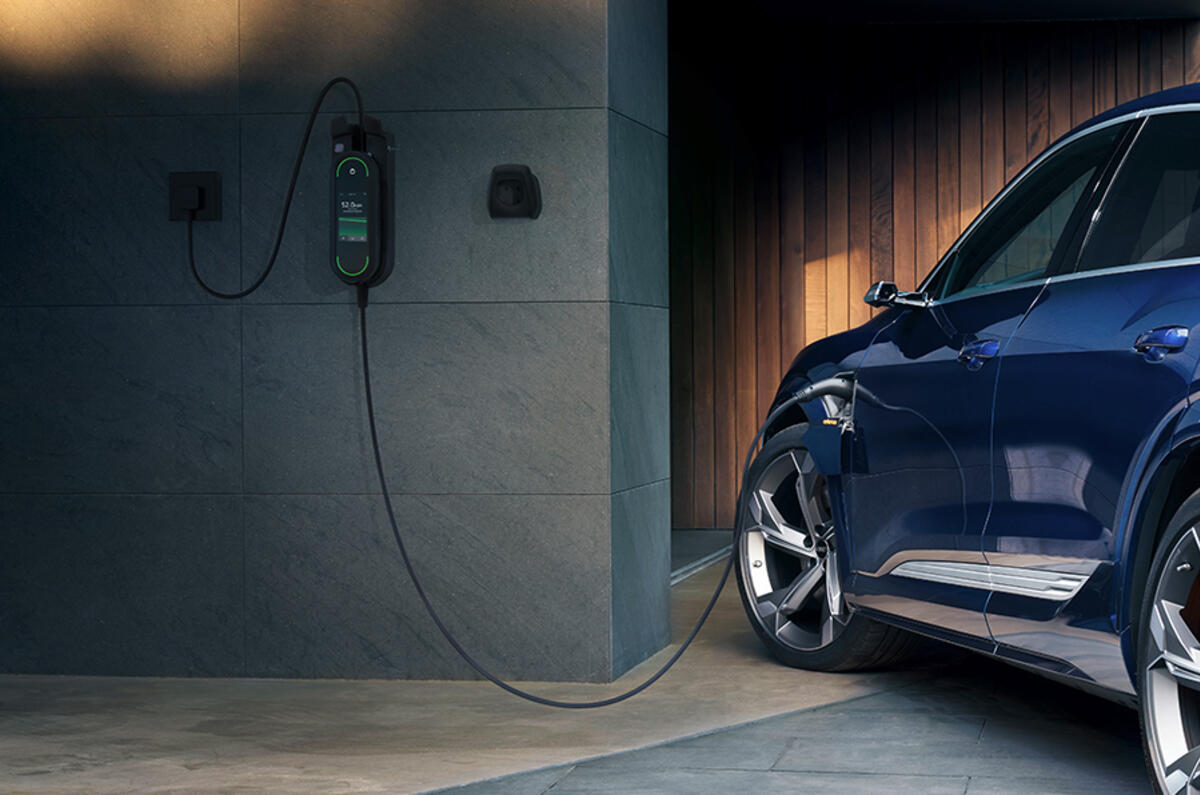
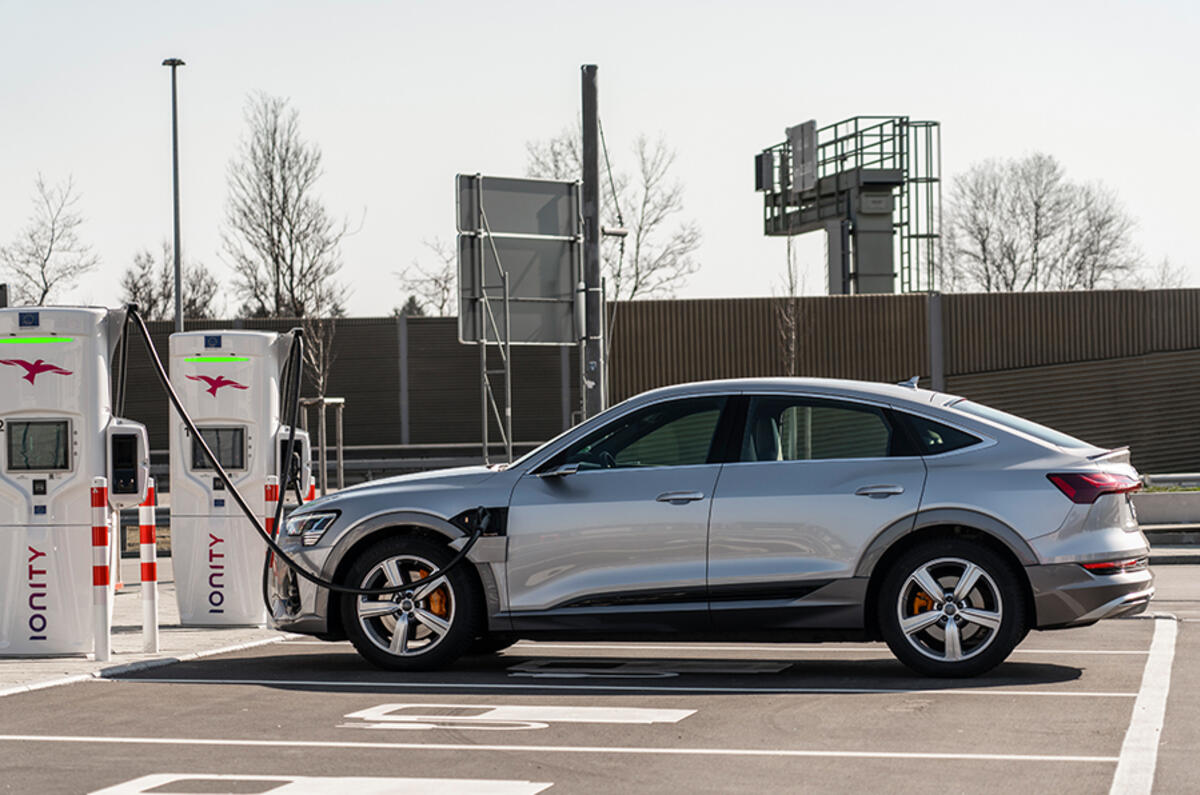
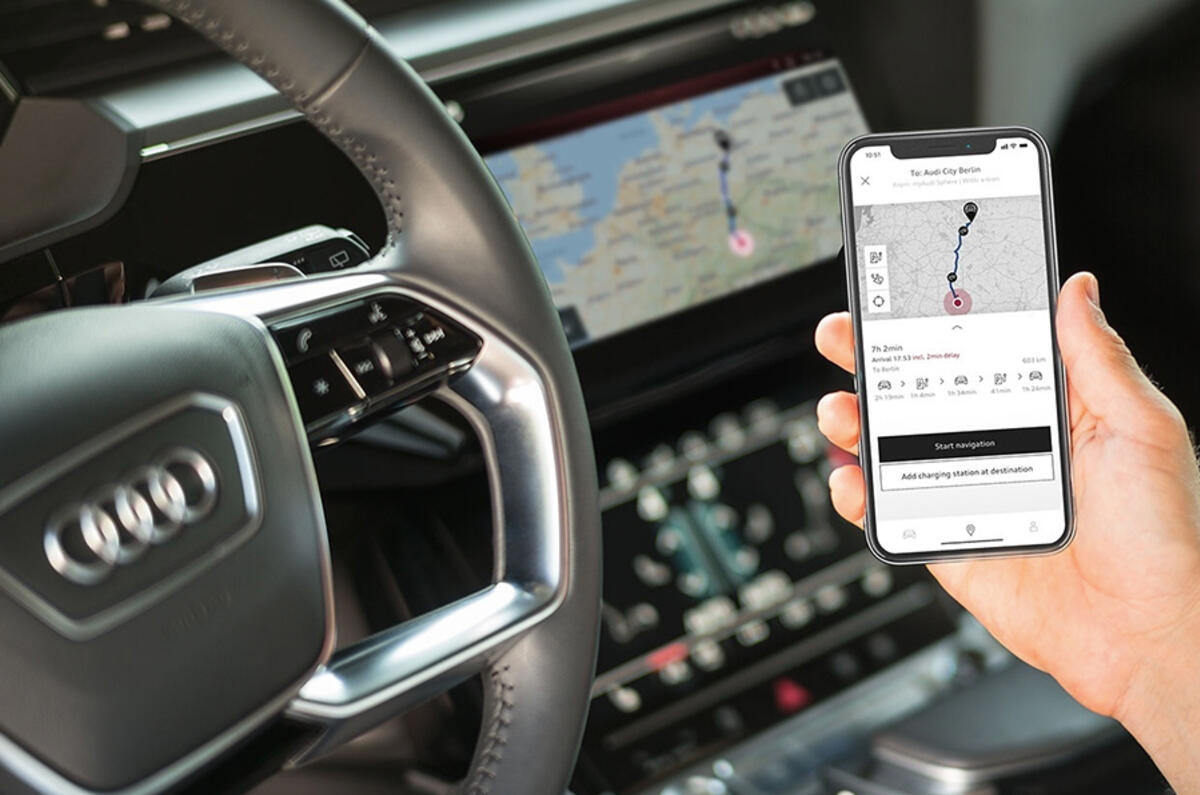
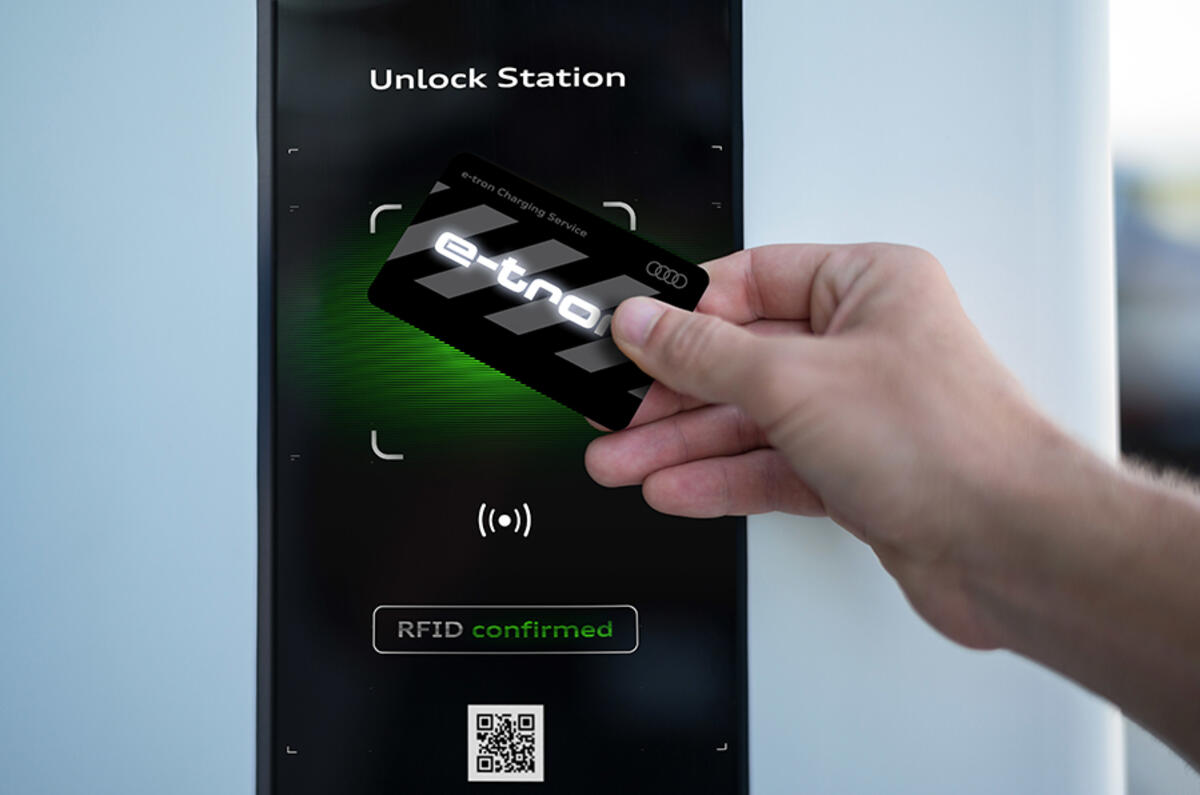
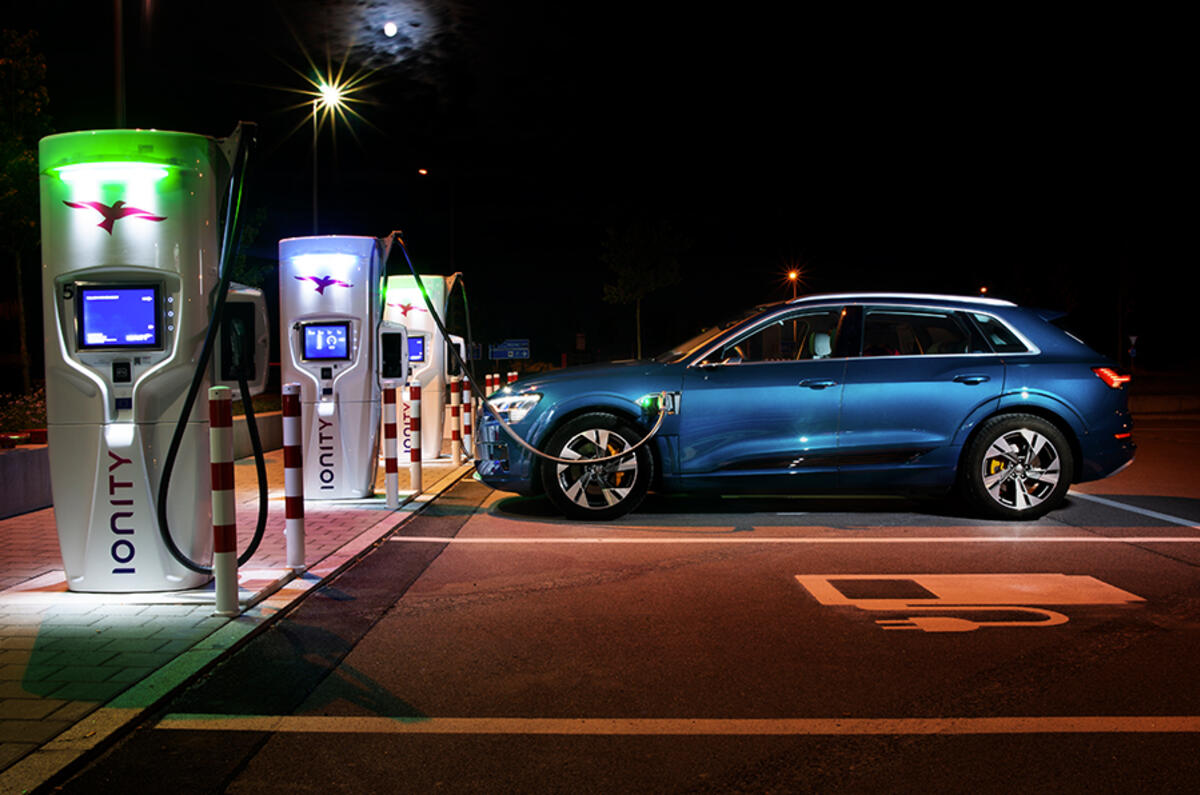
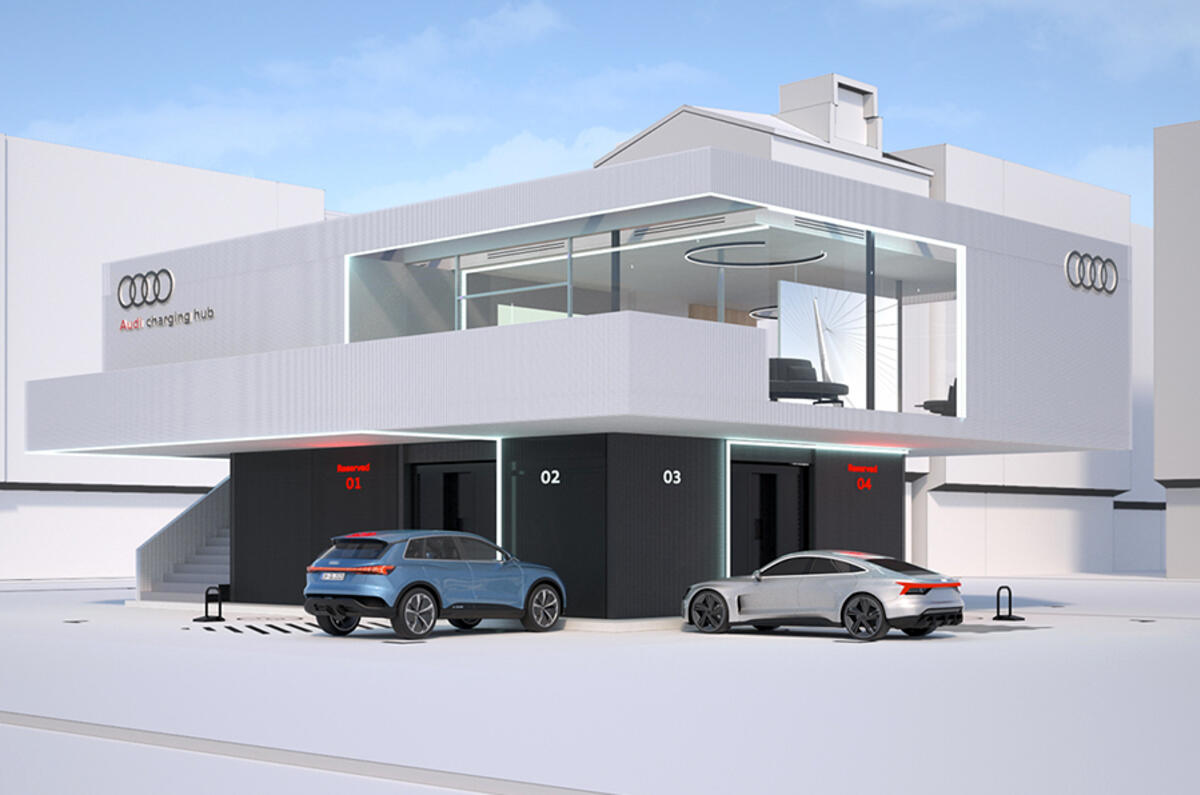

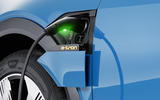

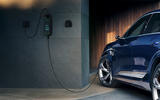
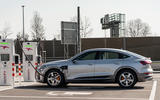
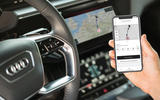
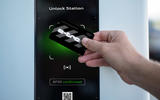
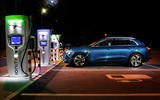





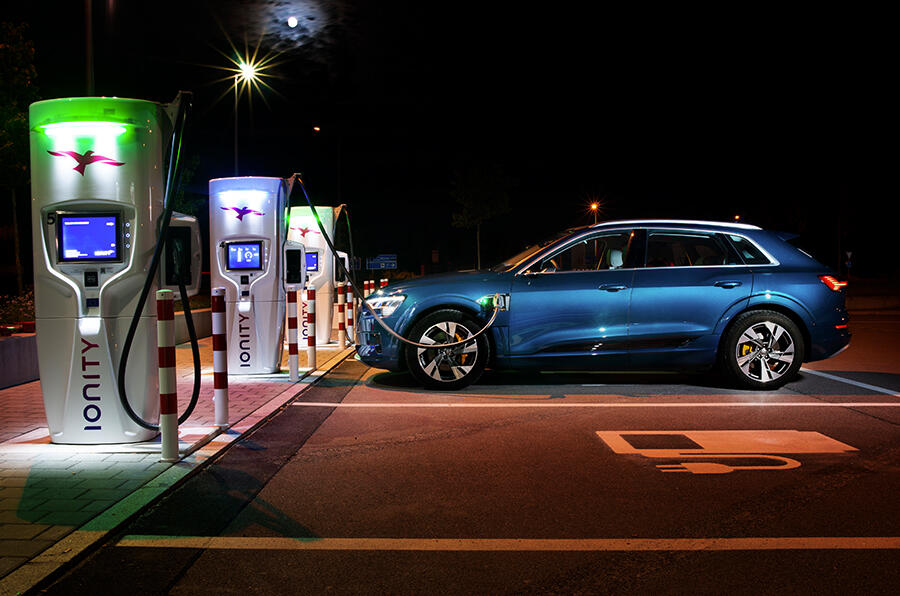

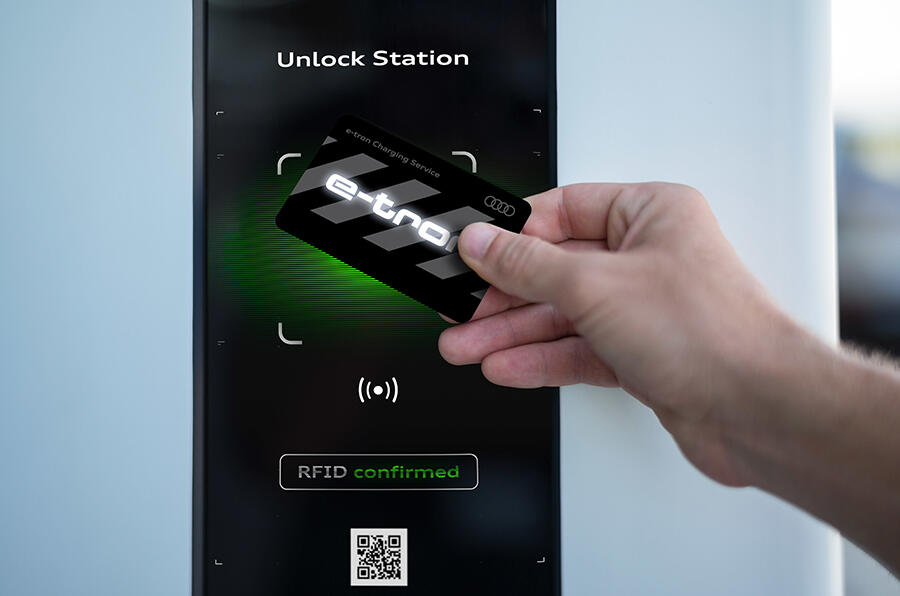
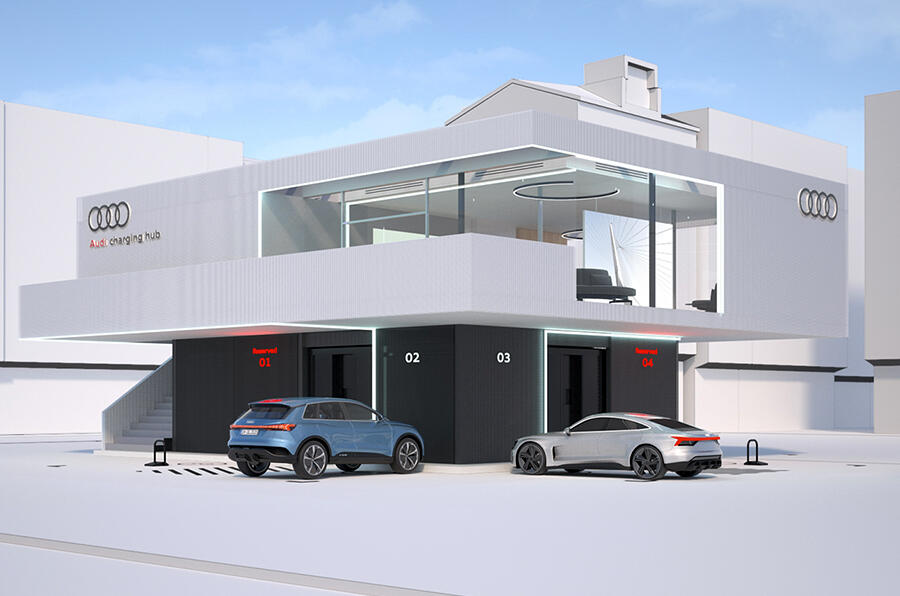


Join the debate
If Audi really want to make charging their cars easier they and their alter ego Porsche, should remove the charging point from the wing to the front grille. That way you wont be stretching the filthy scratchy cable (from the public charging point) around your front wing - ruining the paintwork, or having to drive forward until the bumper is virtually touching the the charger so that said cable can actually reach.
'Vorsprung durch technik' - as they say in Deutschland, although it takes a 'Englischer Architekt' to point the design fault out!